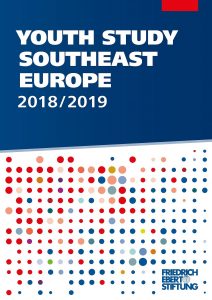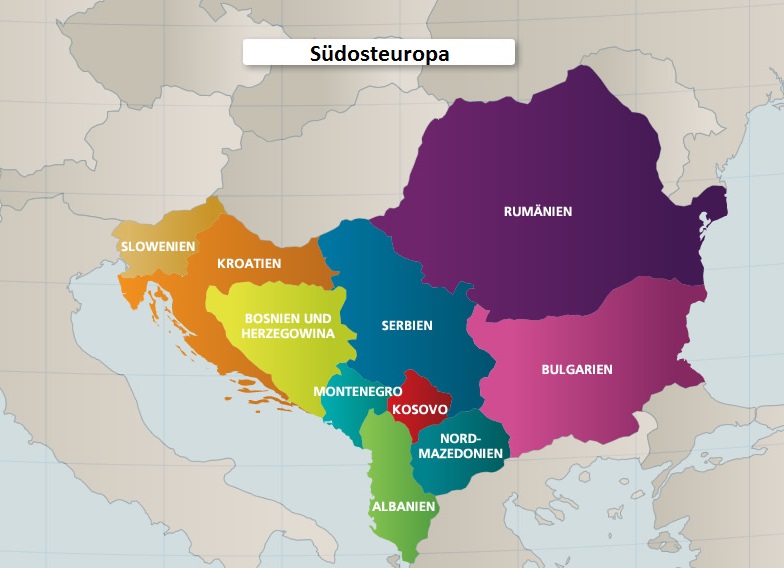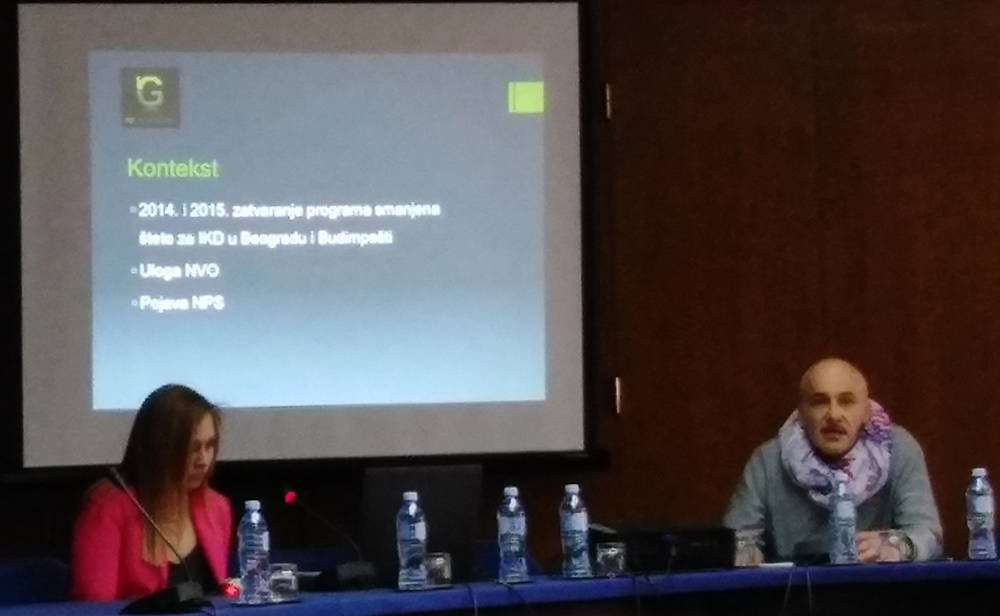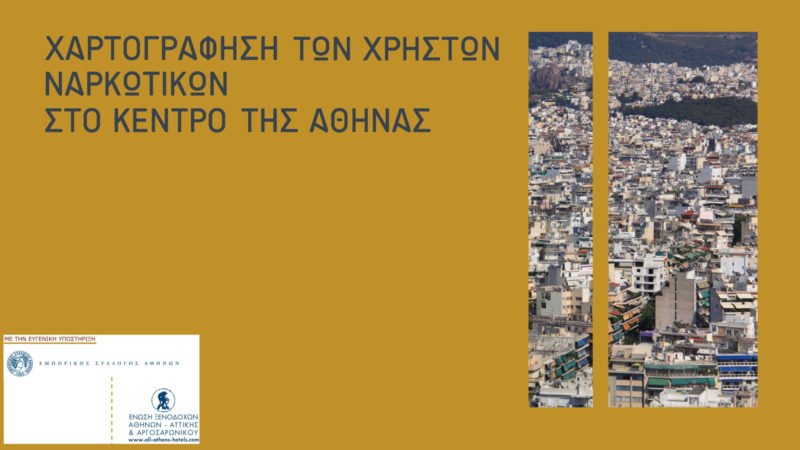The Friedrich Ebert Stiftung (FES) published reports on the experiences and aspirations of youth in Southeast Europe. The FES carried out a representative region-wide survey on a sample of more than 10.000 young people aged 14 – 29 from ten countries in Southeast Europe in early 2018.
“FES Youth Studies Southeast Europe 2018/2019” is an international youth research project carried out simultaneously in ten countries in Southeast Europe: Albania, Bosnia and Herzegovina, Bulgaria, Croatia, Kosovo*, North Macedonia, Montenegro, Romania, Serbia and Slovenia. The main objective of the surveys has been to identify, describe and analyse attitudes of young people and patterns of behaviour in contemporary society.
A broad range of issues were addressed, including young peoples’ experiences and aspirations in different realms of life, such as education, employment, political participation, family relationships, leisure and use of information and communications technology, but also their values, attitudes and beliefs.
Findings are presented in ten national and one regional study and its accompanying policy papers, which have been published in both English and the respective national languages.
 The most important results are grouped under headlines:
The most important results are grouped under headlines:
- A wish to belong to Europe
- Migration and mobility do not have to be zero-sum
- Fighting corruption as a crime, not as a concept
- Employment discourse shifting towards the quality of work
- A different kind of ‘political’…
- …which has to do with ‘the social’
- Give youth a say in Europeanisation
To download the regional study and its accompanying policy papers following this link>>>
You can read the national studies at this webpage.










